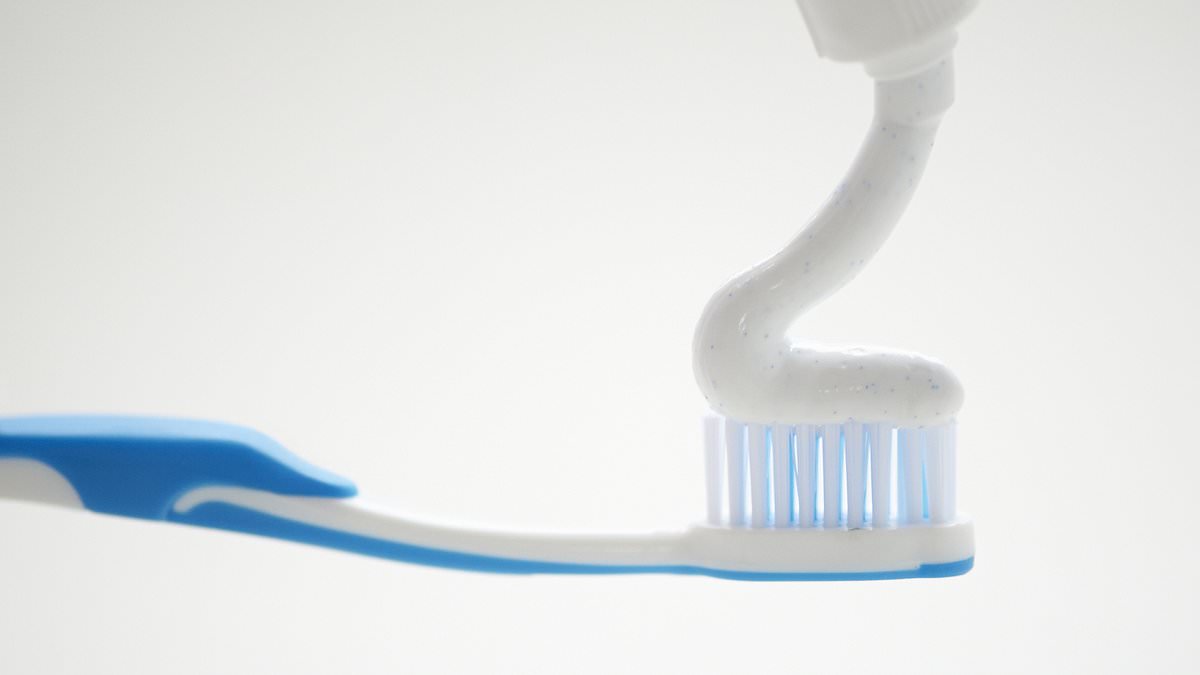An injection of a compound found in toothpastes may treat bone fractures caused by osteoporosis, a condition that makes bones prone to breaking.
New research suggests the mineral, hydroxyapatite, which is used in some toothpastes to prevent tooth decay, can help trigger new bone growth. Patients with osteoporosis given the jabs into a fracture had higher bone density and a lower risk of needing further surgery.
Osteoporosis affects an estimated three million people in the UK. Those who use steroid drugs, smoke, drink heavily or have a family history of the disease are most at risk, while diet and hormones can also contribute.
Throughout life, cells called osteoclasts break down old bone while new bone is formed by cells called osteoblasts.
The activity of these cells is generally constant, but after the age of 50 or so, there are gradually fewer osteoblasts than osteoclasts. Osteoporosis develops when the balance tips too far in favour of the osteoclasts.
The condition often goes undetected until a fracture occurs.

Osteoporosis, a condition which causes weakening of the bones, often goes undetected until an accident occurs

Researchers suggest that the mineral hydroxyapatite, which is used in some toothpastes to prevent decay, can help trigger new bone growth
There are drugs to treat the condition, such as bisphosphonates which reduce the risk of fractures but do not reverse bone loss. Newer drugs, known as monoclonal antibodies, are injected and make bones stronger.
Around 180,000 fractures treated each year by the NHS are linked to osteoporosis, according to the National Institute for Health and Care Excellence.
A challenge for surgeons is that many of these fractures require fixing with screws and metal plates, but the weakness of the bone can make this difficult. Repeat surgery is often needed where the bone is unable to hold the screws.
However, in the new research, doctors at Lund University in Sweden used a synthetic form of hydroxyapatite to boost the strength of bone during surgery.
Hydroxyapatite is a natural mineral present in human bone and teeth, which provides strength to the bone and helps with regeneration. It is also added to some toothpastes, as it is thought to help remineralise tooth enamel and prevent decay.
In the new study, hydroxyapatite was injected into the bone surrounding the fracture after it had been repaired with screws and plates. The hydroxyapatite solidified in minutes to reinforce the repair.

Mike McNicholas, a consultant trauma and orthopaedic surgeon at Liverpool University Hospitals, said the findings were ‘hugely important and will make a real difference for those who are unfortunate enough to have suffered a fragility fracture’
Seven to 14 days later, patients received an intravenous infusion of bisphosphonate acid, a drug that is used in tablet form to slow the rate that bone is broken down.
The combination of bisphosphonate and hydroxyapatite triggered the growth of new bone cells to strengthen the repair, reported the journal Acta Biomaterialia.
Two months later, researchers found that the treated area had turned into bone around the screws, and after six months, bone density had increased by up to 17 per cent. Stability around the screws and plates increased fourfold — meaning patients would not need repeat surgery.
Mike McNicholas, a consultant trauma and orthopaedic surgeon at Liverpool University Hospitals, said the findings were ‘hugely important and will make a real difference for those who are unfortunate enough to have suffered a fragility fracture.’







